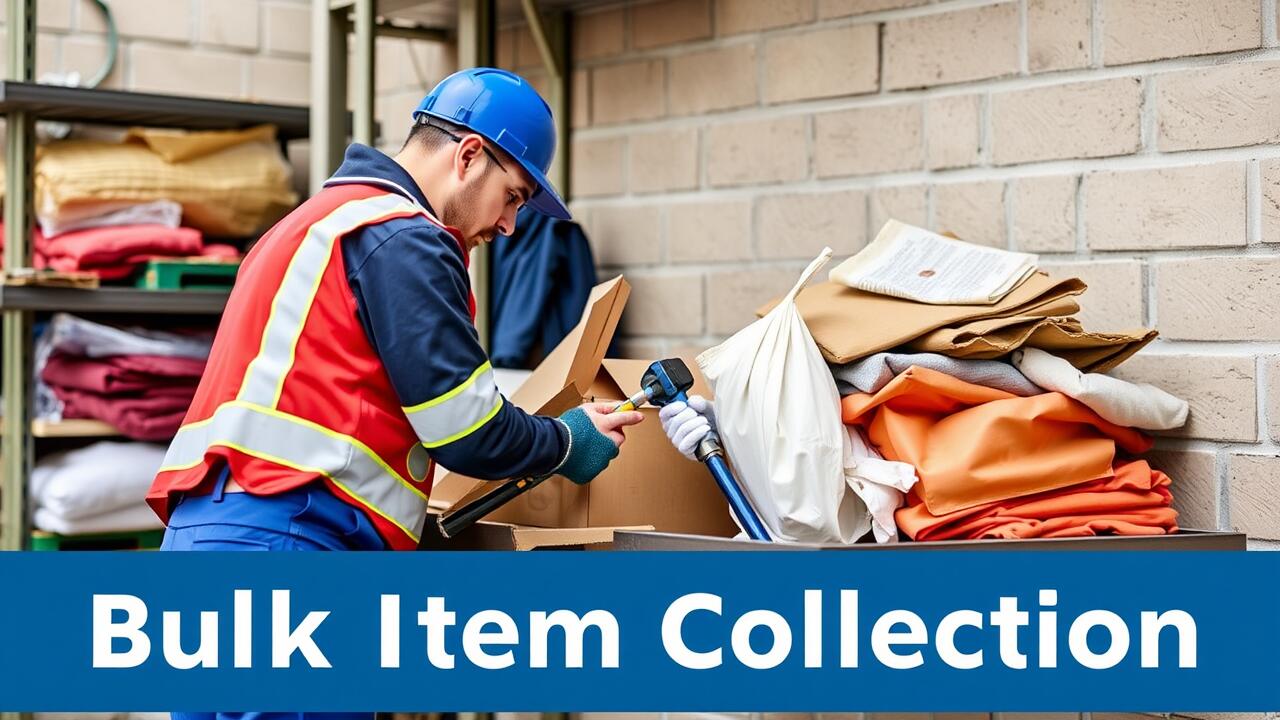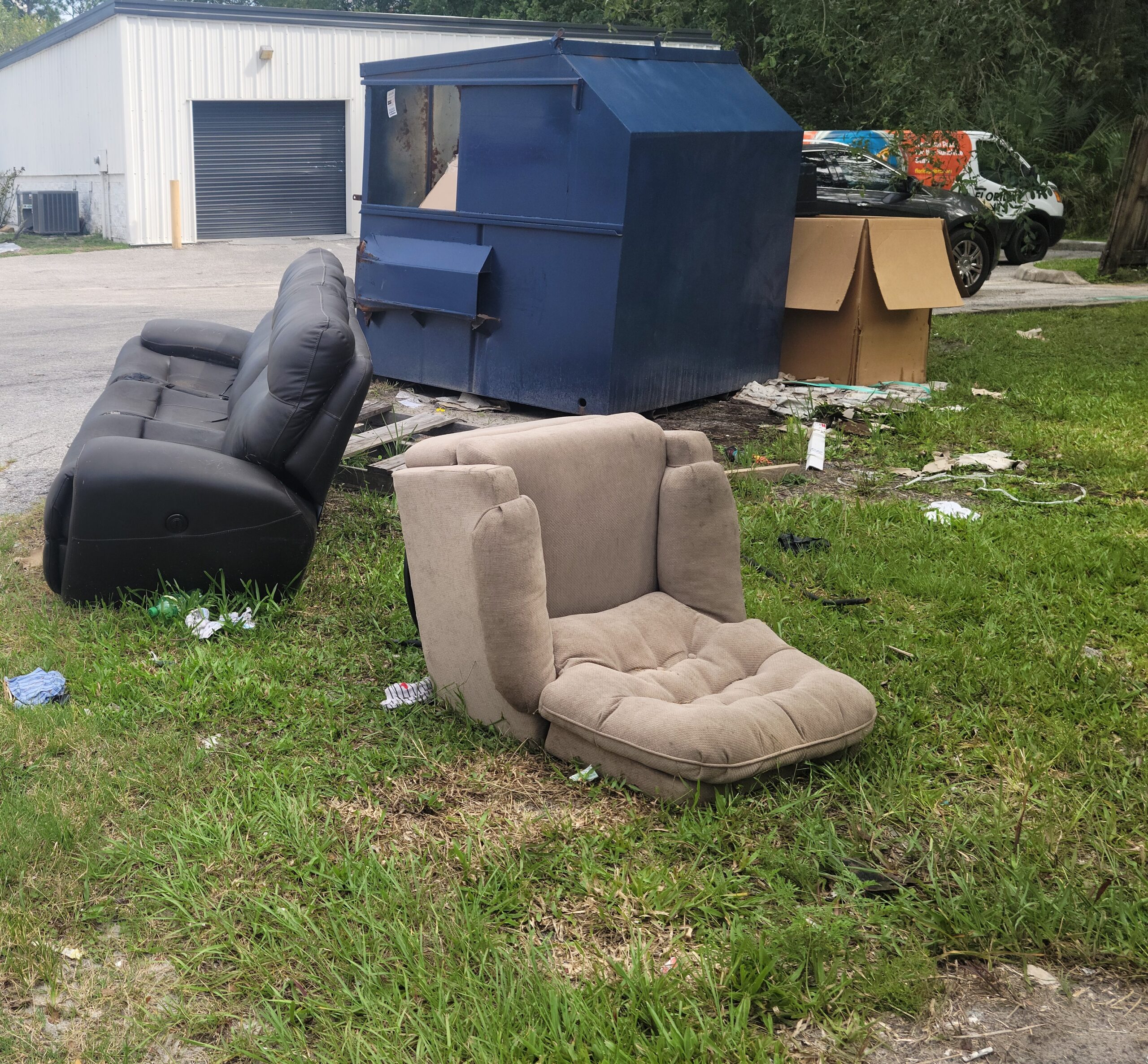
Bulk items are large, heavy, or oversized household or commercial items that are too big for regular garbage collection. Examples include:
- Furniture (couches, beds, dressers)
- Appliances (refrigerators, washers, dryers)
- Mattresses and box springs
- Large electronics (TVs, monitors)
- Carpeting and rugs
- Playground equipment
- Hot tubs or spas
These items often require special handling or equipment for removal and are typically disposed of through bulk item collection services.
View this external resource for great tips and advice. Bulk Item Collection
Call for a Free Estimate 813-597-7922
Environmental Impact of Bulk Items
Bulk items play an essential role in reducing overall waste and minimizing environmental impact. By purchasing goods in larger quantities, companies can significantly lessen the amount of packaging materials required. This shift leads to fewer resources being consumed during the manufacturing process and helps divert waste from landfills. The practice of Bulk Item Collection encourages businesses to rethink how they source and manage their inventory, driving more sustainable practices across various industries.
Sustainability efforts are further enhanced when bulk purchasing is paired with eco-friendly transportation methods. When large quantities of items are shipped together, it reduces the carbon footprint associated with multiple smaller deliveries. Additionally, Bulk Item Collection can foster a circular economy, promoting the reuse and recycling of products. This approach not only lowers the negative environmental effects but also positions businesses as responsible entities committed to fostering a healthier planet.
Sustainability and Reduced Packaging
The push for sustainability in consumer practices has led to increased interest in bulk purchasing. By buying products in larger quantities, consumers can significantly reduce the amount of packaging waste that typically accompanies individual items. Many retailers have begun to offer bulk item collection stations, allowing shoppers to bring their own containers and fill them with products like grains, spices, and cleaning supplies. This approach not only lowers the environmental impact caused by single-use packaging but also encourages more mindful consumption.
Furthermore, businesses also benefit from bulk purchasing by minimizing their overall packaging needs. By sourcing bulk items, companies can shift away from small, individually wrapped products that contribute to excess waste. The practice of bulk item collection streamlines packaging processes, reduces costs associated with packaging materials, and can lead to a smaller carbon footprint. Retailers that prioritize bulk items often see a positive response from environmentally conscious consumers eager to support sustainable practices.
Challenges of Bulk Purchasing
One of the primary challenges of bulk purchasing lies in the potential for overstocking. Businesses risk acquiring more inventory than they can sell, leading to wasted resources and increased storage costs. This situation can be particularly problematic for perishable goods, where the timeline for consumption is limited. Companies must carefully analyze their sales forecasts and storage capabilities to avoid these pitfalls while engaging in Bulk Item Collection.
Call for a Free Estimate 813-597-7922
Another concern with bulk purchasing involves the upfront financial investment. Purchasing large quantities typically requires a significant outlay of cash, which might strain a company’s budget, especially for smaller businesses. This financial strain can hinder operations when funds could be better allocated to other pressing needs. Careful planning and assessment are necessary to ensure that bulk purchases contribute positively to the business’s overall strategy rather than causing unnecessary hardship.
Potential Drawbacks to Consider
While bulk purchasing offers numerous advantages, potential drawbacks must be weighed carefully. One significant concern is storage space. Businesses may lack the adequate facilities to store large quantities of products without compromising accessibility or organization. This can lead to clutter and inefficiencies, particularly if the items are perishable or require specific environmental conditions.
Another factor to consider is the risk associated with overstocking. Companies that engage in bulk buying could end up with excess inventory that might not sell as anticipated. This situation can result in wasted products and financial losses. Additionally, Bulk Item Collection services may not always be readily available, adding another layer of complexity to the management of unsold items.
FAQS
What are bulk items?
Bulk items refer to products that are sold in large quantities, typically without individual packaging. This can include food, household supplies, and other goods that are purchased in larger volumes to save money or reduce waste.
How does bulk buying benefit businesses?
Bulk buying allows businesses to reduce costs by purchasing items at a lower price per unit. It also helps in maintaining inventory levels and can lead to fewer deliveries, which saves time and resources.
What are the environmental benefits of purchasing bulk items?
Buying in bulk often results in less packaging waste, as products typically come in larger, more sustainable containers. This practice promotes sustainability and can significantly decrease the amount of plastic and other materials that end up in landfills.
What challenges might businesses face with bulk purchasing?
Some challenges include the need for adequate storage space, potential spoilage of perishable items, and the upfront cost of purchasing larger quantities, which can impact cash flow.
Can individual consumers benefit from buying bulk items?
Yes, individual consumers can also benefit from bulk purchases by saving money and reducing packaging waste. Many grocery stores offer bulk sections where shoppers can buy the exact amount they need, making it a convenient and economical option.
Call for a Free Estimate 813-597-7922


